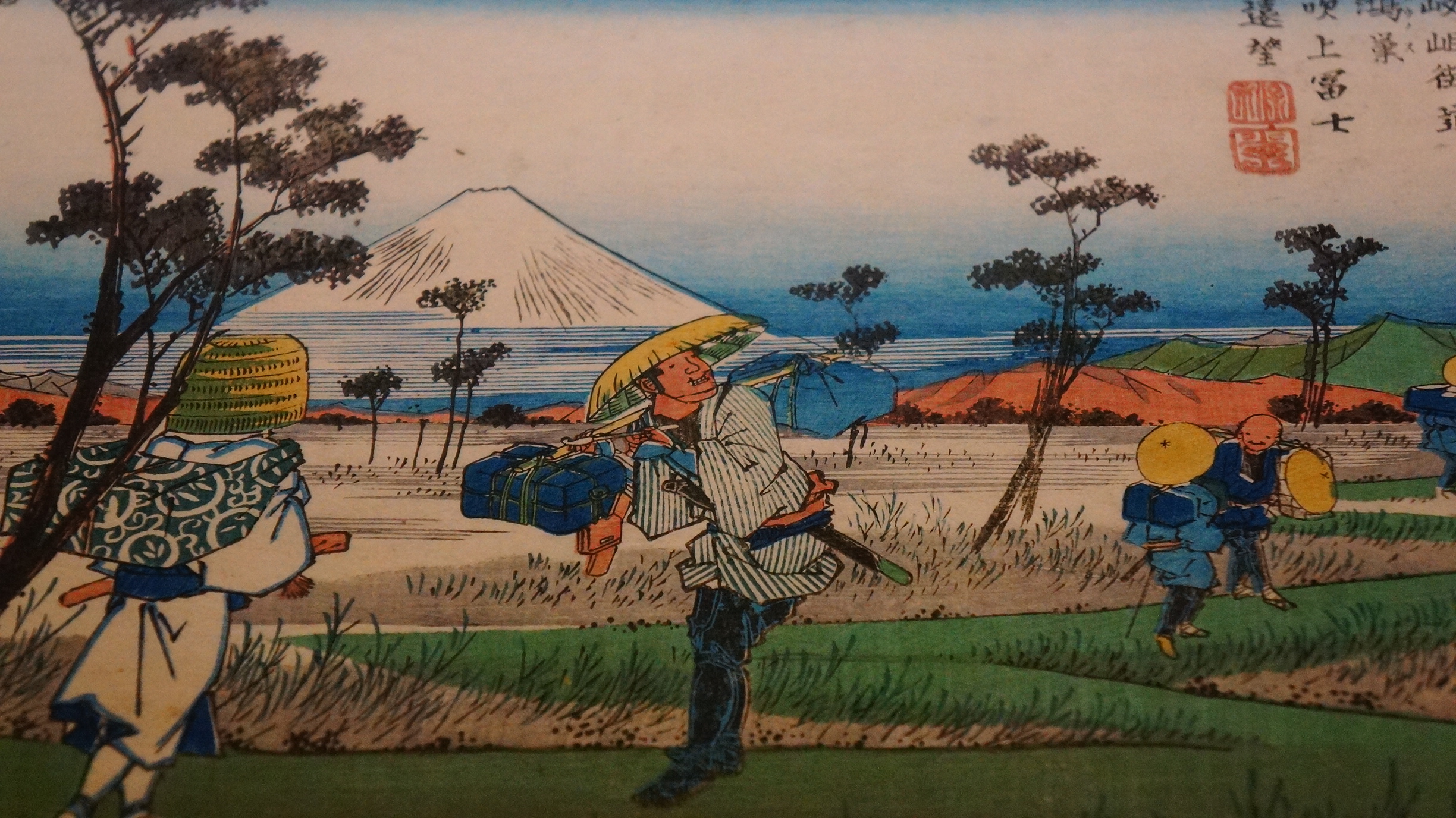
The horrific massacre at Pulse, a gay nightclub in Orlando, early Sunday morning has, not unpredictably, set off a new round of calls for more stringent gun control, especially on the American left.![]()
![]()
As Chris Murphy, the Democratic senator from Connecticut, held a filibuster on the floor of the US Senate Wednesday and Thursday to demand that Senate Republicans agree to hold a vote on gun control, the one measure that both sides seems even potentially likely to agree is a bill to deny (or delay) gun purchases to individuals on the national ‘terrorist watch list.’
Even that bill is controversial. On both the left and the right, critics rightly argue that the terrorist watch list and the related ‘no fly list’ are compiled in a way that violates basic due process. To use these as a proxy to restrict additional rights, such as 2nd amendment freedoms, only magnifies the due process problem with these secret lists. It’s hard to imagine that the US Supreme Court would uphold as fully constitutional a new law that ties gun restrictions to the terrorist watch/no fly lists, at least in their current forms. Imagine, too, what could happen if a president Donald Trump decided to list all of his domestic political opponents on a ‘watch list.’
But put that aside for a moment. Imagine a world where Republicans and the National Rifle Association agreed, for instance, to re-introduce the ‘assault weapons’ ban that was initially passed in 1994 and that phased out in 2004.
As Dylan Matthews has written at Vox, however, it is not clear that the measures that most Democrats support, including president Barack Obama and presumptive presidential nominee Hillary Clinton, would accomplish significant reductions in mass shootings or gun homicides.
He argues that the United States would have to go much, much farther, including the kind of mandatory confiscation and widespread bans on firearms that Australia’s conservative government (at the time) introduced after the 1996 Port Arthur massacre, which left 35 people dead and 23 people wounded:
Realistically, a gun control plan that has any hope of getting us down to European levels of violence is going to mean taking a huge number of guns away from a huge number of gun owners.
Other countries have done exactly that. Australia, for example, enacted a mandatory gun buyback that achieved that goal, and saw firearm suicides fall as a result. But the reforms those countries enacted are far more dramatic than anything US politicians are calling for — and even they wouldn’t get us to where many other developed countries are.
As Matthews notes, there’s only so much that American politicians can do in the current political climate. Moreover, the 2nd Amendment potentially places real constitutional limits on gun control. After the Supreme Court’s 2008 decision in District of Columbia v. Heller, I’m not so sure that even the current Court, deadlocked with four generally conservative justices and four generally liberal justices, would necessarily give its blessing to an Australia-style reform.
But the fundamental problem isn’t necessarily constitutional or legislative. It’s culture. Americans have a gun culture unlike anywhere else in the developed world. Until and unless Americans eliminate that culture (not likely anytime soon), it’s going to prove impossible to enact the kind of gun control legislation that could show dramatic reductions in gun violence.
As a Millennial gay man living in downtown Washington, I don’t really care for guns. Hunting bored me, even when I was a kid in rural Ohio. But I’m not everyone in the United States, and many law-abiding Americans love their guns — as a means of protecting their homes, as a principled symbol of individual liberty, for the sport of hunting or just for the love of firearms in its own right. I would personally love an American culture that looks more like European culture or Japanese culture. But no one could make that happen unilaterally, even if he or she were elected president tomorrow with a majority in both the House and the Senate.
Any effort to eradicate the number of guns in circulation in the United States would be most successful if you went back in time to the middle of the 20th century. It’s hard, frankly, to think of a single policy issue that suffers more from path determination (including rail and public transportation). Even more, if you’re a leftist and you care anything about civil liberties, you should also be worried about the kind of police power you would need to round up the vast majority of guns in the United States, because it would rival the kind of force you would need to, say, round up 11 million Mexican immigrants for deportation.
What’s fascinating is to chart the trajectory of gun culture in Japan. An early adopter, Japan was one of the first countries to experiment with the gunpowder invented in nearby China, and it might have started using very primitive firearms as early as the middle of the 13th century. Throughout the 16th century, however, Japan was a country divided and at war, among various daimyo (feudual lords) across the islands we today recognize as Japan. Firearms, imported from traders in Portugal and the rest of Europe, played an important and lethal role in those civil wars. In particular, firearms played a pivotal role in Oda Nobunaga’s victories in the 1570s and early 1580s that largely unified the island of Honchu. Continue reading What 21st century Americans can learn from Tokugawa-era Japan on guns